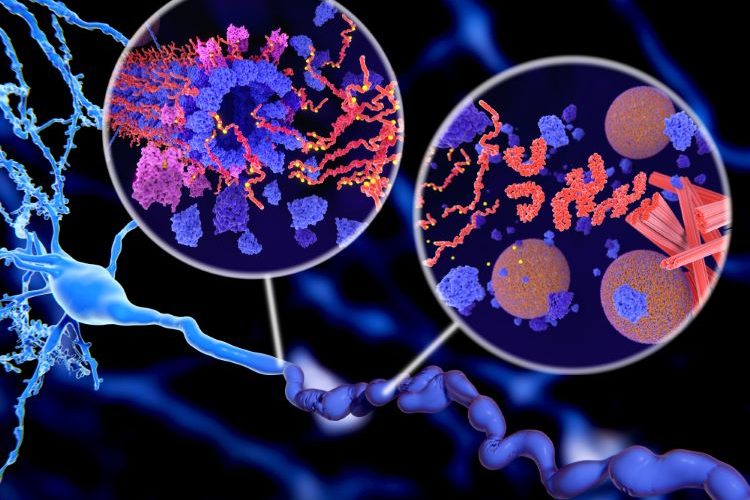Research calls for greater investment in Alzheimer’s clinical trials
Posted: 25 April 2024 | Catherine Eckford (European Pharmaceutical Review) | No comments yet
Despite some challenges, for the Alzheimer’s drug development pipeline, 2024 is a “learning year”, an expert on the disease says.


Considering current developments in Alzheimer’s drugs, a US expert has predicted that the industry should “be prepared for more complex biological therapies that require intravenous infusion and vigilant monitoring for side effects; more like cancer therapies,” according to Dr Jeffrey Cummings, Alzheimer’s clinician-scientist and research professor at the School of Integrated Health Sciences, University of Nevada, Las Vegas.
“eight of the drugs with reported data from Phase II for this year are all anti-inflammatory drugs”
Notably, “eight of the drugs with reported data from Phase II for this year are all anti-inflammatory drugs,” he shared. “Mounting results from multiple drugs focusing on one target will lead to new and potentially helpful information that could advance multiple related [clinical] trials.”
Alzheimer treatment pipeline developments in 2024
Cummings remarked that he is “encouraged” by the results from pipeline developments in 2024 thus far. For example, his report published in Alzheimer s & Dementia Translational Research & Clinical Interventions, revealed that there are 164 active trials and 127 unique treatments. This is around a 10 percent decrease from 2023, which saw “a record-high” 187 active trials and 141 unique treatments.
Treating Alzheimer’s: regulatory hurdles in an anti-amyloid revolution
The US Food and Drug Administration (FDA) approved and Leqembi® (lecanemab) in 2023 and Aduhelm® (aducanumab) in 2021. However, one notable development is the recent inclusion of biomarkers, he commented. “Most of our biomarkers for Alzheimer’s and dementia have been discovered only within the past three years. They provide information on the drug’s impact…Biomarkers will be featured in nearly all clinical trials moving forward to guide the process.”
Based on the current treatment pipeline, 2024 data shows:
● Seventy-six percent are disease-modifying treatments that aim to slow the decline of memory
● Thirty-four percent are biological therapies given intravenously or through some other injection
● Twelve percent are cognitive enhancing agents that are intended to improve memory
● Thirteen percent drugs are for behavioural symptoms
● Thirty-one percent are repurposed agents approved for other diseases, such as cancer or Parkinson’s disease
Clinical trials challenges
Cummings shared that the decrease in overall clinical trials and unique treatments can be attributed to “a lack of funding on the federal level and from less private investment from the biopharmaceutical industry”. As such, more investment from these institutions is needed to fight the trend, Cummings urged.
Investment is not the only obstacle for the field, he explained. A lack of clinical trial participants has also inhibited results.
Despite these challenges, Cummings explained that “development successes are emerging, which is why I think we are experiencing such a breakthrough in the world of Alzheimer’s treatment”. As such, he stated that he is “confident” that the US FDA will approve the use of donanemab.
Related topics
Biopharmaceuticals, Clinical Development, Clinical Trials, Data Analysis, Drug Development, Drug Safety, Industry Insight, Regulation & Legislation, Research & Development (R&D), Therapeutics
Related organisations
Related drugs
Aduhelm (aducanumab-avwa), donanemab, Leqembi (lecanemab-irmb)








